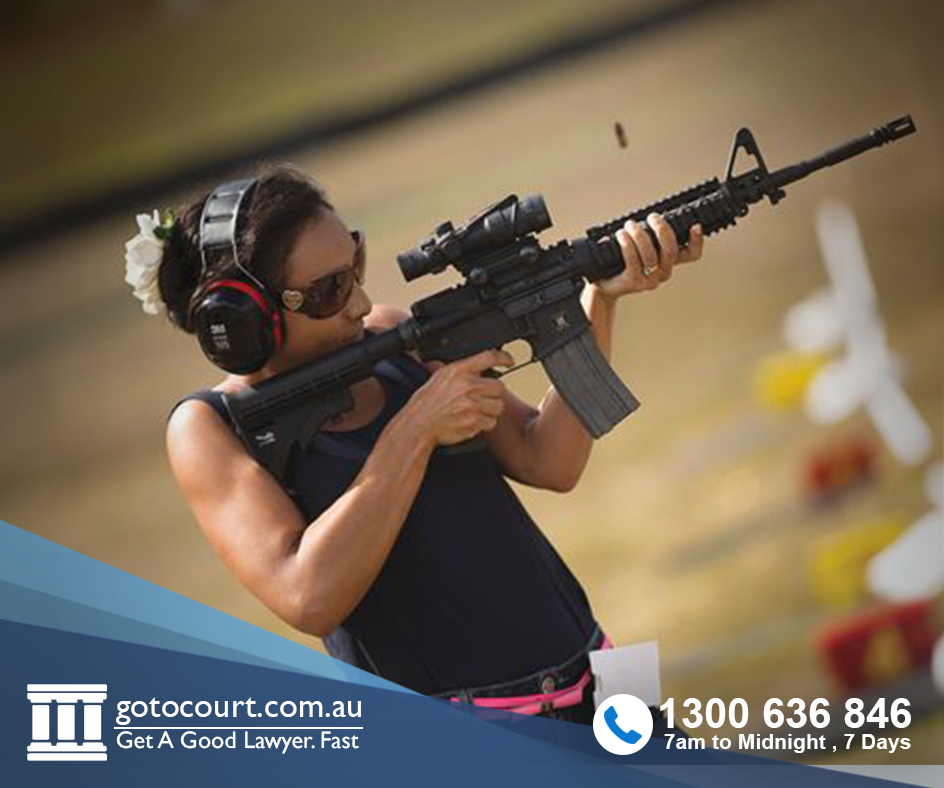Summary Offences (Vic)
Criminal offences in Victoria fall into two categories: summary offences and indictable offences. Summary offences are dealt with in the Magistrates Court, which can sentence a defendant to a maximum penalty of two years imprisonment for a single charge. Indictable offences are more serious and carry higher maximum penalties. They are generally dealt with by the County Court or the Supreme Court. However, there are some indictable offences that can be dealt with summarily (in the Magistrates Court) when both defence and prosecution agree to this.
This article will outline how summary offences are dealt with in Victoria.
Penalties
Some summary offences are punishable by a fine only. Others can attract a sentence of imprisonment.
Summary offences can result in a conviction being recorded. When a person is found guilty of a summary offence that is minor, or when the offender is very young, has not been before the courts before, or where there are other mitigating factors, the court may exercise its discretion not to record a conviction.
Summary Offences Act
A lot of Victorian summary offences are dealt with under the Summary Offences Act 1966. These include offences against the public order such as being drunk in public (Section 13) or drunk and disorderly in public (Section 15) or using obscene language in public (Section 17).
A person can also be charged under the Summary Offences Act with a common assault (Section 23) or an aggravated assault (Section 24). Assaults under the Summary Offences Act carry lower penalties than assaults under the Crimes Act 1958.
Other legislation
Summary offences also exist under other legislation, such as the Crimes Act and the Road Safety Act 1986. Traffic offences such as speeding and drink driving are summary offences when dealt with by the courts. There are also some minor drug offences that are summary offences.
Limitation period
A charge must be laid for a summary offence within 12 months of the date the offence allegedly occurred.
Indictable offences that can be heard summarily
Some indictable offences, such as aggravated assault and theft, can be dealt with in the Magistrates Court as summary offences with the agreement of defence and prosecution. Hearing an offence summarily has a number of advantages. Firstly, the process of finalising the matter is quicker and legal costs are kept to a minimum. Secondly, the maximum penalty that applies is lower. For example, when theft is dealt with as a summary offence, the highest penalty that can be imposed is two years’ imprisonment. When it is dealt with as an indictable offence, its maximum penalty is ten years imprisonment.
If either the defence or the prosecution does not agree to an indictable offence being heard summarily, the matter must be committed to a higher court to be finalised there. This means the defendant will have to go through a lengthier process and face higher penalties. The prosecution may not agree to an offence being heard summarily if the allegations are particularly serious and the prosecutor considers the penalties the Magistrates Court could impose to be inadequate. Conversely, the defence may refuse to have a matter dealt with summarily because there are complex legal arguments to be advanced and a higher court is needed to deal with the matter appropriately.
Procedure
When a person is charged with a criminal offence they may be arrested or summonsed to come to court. When the offence is a summary offence, it is more common for a summons to be issued. If the person fails to appear at court, a warrant will generally issue for their arrest.
When a person appears at court in relation to a summary offence, they may wish to plead guilty and have the matter finalised on the spot. Alternately, they may wish to adjourn the matter to seek legal representation or to gather supporting documents such as character references, before pleading guilty.
If the defendant wants to plead not guilty, they must list the matter for a contested hearing. When a summary offence is contested, the defendant must come back to court on another date for a contest mention. At the contest mention, the evidence will be reviewed and parties will confirm whether they are proceeding to a hearing or whether the matter can be resolved. If the hearing is proceeding, the court will be informed of how many witnesses will be called and assess how long the hearing is likely to take.
If you require legal advice or representation in relation to summary offences or in any other legal matter, please contact Go To Court Lawyers.






